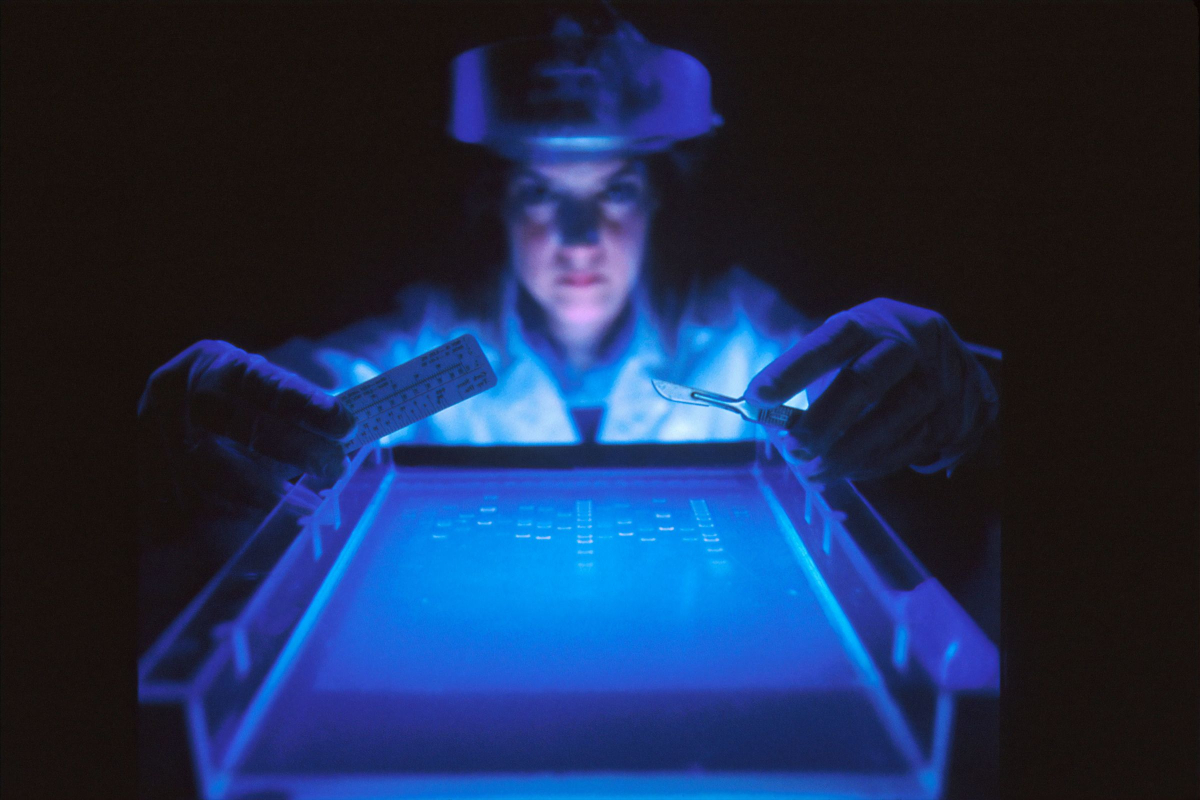Washington Attorney General Bob Ferguson recently announced that the DNA forensic genetic genealogy program from his office helped to solve the cold case murder of a Marysville teenager. The 24-year-old cold case went unsolved in spite of the murder weapon, an axe, being left behind by the perpetrator.
Jennifer Brinkman, 19-years-old, was found dead inside her family’s home in Marysville in 1998. The case went cold for two decades, until the December 5, 2022 announcement of the arrest of a 52-year-old man from Renton, Washington.
Marysville Police Department Chief Erik Scairpon stated that when he became police chief in 2020, he found a team who would not let go of the memory of Ms. Brinkman, nor her cold case. He said that members of the police department now rest easier, knowing that they performed their duty to Jennifer Brinkman, her loved ones, and to the community.
The City of Marysville also provided funds for the testing, along with the $1,241.55 provided by the Attorney General’s program.
The Washington Office of the Attorney General’s forensic genetic genealogy program has assisted with more than 30 cold case investigations. Three other cases were solved with the assistance of the program. They include:
- A 1995 murder in Kitsap County
- A 2003 violent rape of a 17 year-old in McCleary, WA
- A 2003 and 2004 violent home invasion sexual assaults in Pullman, WA
The cases were uploaded to CODIS, the national criminal DNA database, with no successful results. Law enforcement officials and prosecutors have had considerable success solving cold cases using forensic genetic genealogy in recent years.
A genealogist takes DNA evidence and then uploads it to a public DNA database. The DNA database then allows access to its data, then uses the information to construct a family tree which identifies potential suspects who may not have an available DNA profile. Companies with public databases can conduct genealogical research to determine familial links to the DNA samples. Examples include a familial link to a sibling or a cousin.
The Attorney General’s Office has dedicated $220,000 thus far towards assisting local law enforcement agencies with solving felony cold case investigations through forensic genetic genealogy testing. The Department of Justice’s Office of Justice Programs recently announced nearly $160 million in grant awards to support crime laboratories, fund forensics research, and to decrease DNA backlogs, including to identify human remains.


